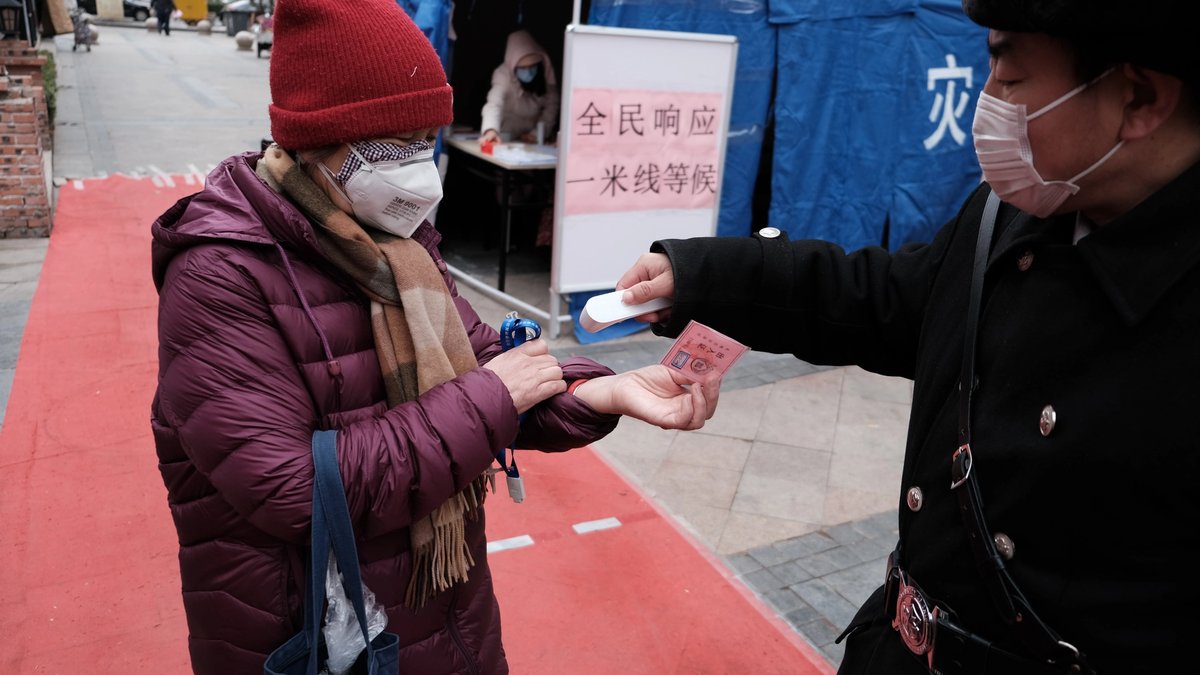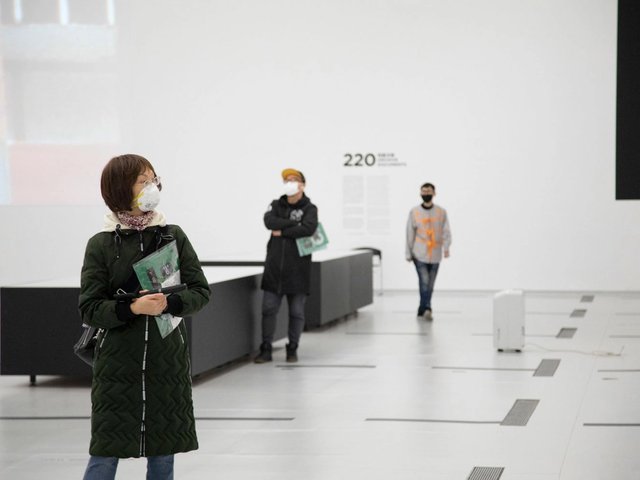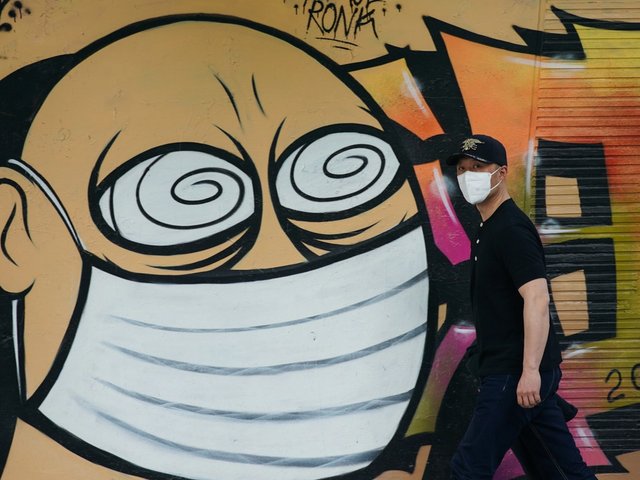A new outbreak of the novel coronavirus (Covid-19) in Beijing has dashed hopes of returning the city's art world to full operations after months of nearly zero domestic transmissions.
As of yesterday, 137 infections have been traced to the Xinfadi Wholesale Produce Market in south Beijing’s Fengtai District. All schools in the city have now been closed, and 11 residential compounds near the market have been quarantined. While commercial galleries within the 798 creative park and nearby gallery cluster Caochangdi remain open, several private museums have voluntarily closed. M Woods, which had only reopened on 12 June with Collective Care: A House With Many Guests, closed its 798 location as of today; its downtown Longfu location had not reopened since the initial lockdown closure in February. The UCCA Center for Contemporary Art, also in 798, has remained open but at 30% capacity and visitor registration, as has been required since its 20 May reopening with the exhibition Meditations in an Emergency. The capacity restriction has been a condition for reopening at all of Beijing’s private museums.
Minsheng Art Museum Beijing and the newly launched X Museum respectively closed on 15 and 16 June. A spokeswoman for X Museum says it has yet to decide when to reopen. “In this situation the government said that all the institutions should control the visitor flow rate to under 30%, so institutions each have different reactions.” Spaces in 798 also “all need to take good measures to prevent and control the outbreak. If there were an outbreak happening from art institutions, they must all be shut down. There are no [closure] orders from the government at this stage.”
Galleries in 798 say they have been asked to continue following precautions already in place, such as temperature checking and visitor registration. Several dealers report seeing a drastic drop in public visitors to the complex, normally a popular destination for young Beijingers, and so have not had to actively restrict their numbers. The management of 798 today closed the Up&Coming Sector exhibition from last month’s Gallery Weekend Beijing three days ahead of schedule, in response to the situation, but has not implemented other measures beyond the existing temperature and health code checks at the entrance. Galleries in Caochangdi, which only reopened in mid-May, have most of their staff working from home, and visits by appointment-only.
Currently infections linked to Xinfadi have only been discovered in Beijing, but much of the country including Shanghai has implemented mandatory hotel quarantines for visitors from the capital. Travellers from Beijing must have a negative nucleic acid test within seven days, and 70% of flights to and from the city have been cancelled. The city has been testing 90,000 residents per day since Monday. The Xinfadi outbreak is China’s first since gradually reopening since March. It comes just as most of the country has fully reopened (although borders remain controlled), and puts to the test the systems China set up to navigate subsequent waves of Covid-19 infections.




